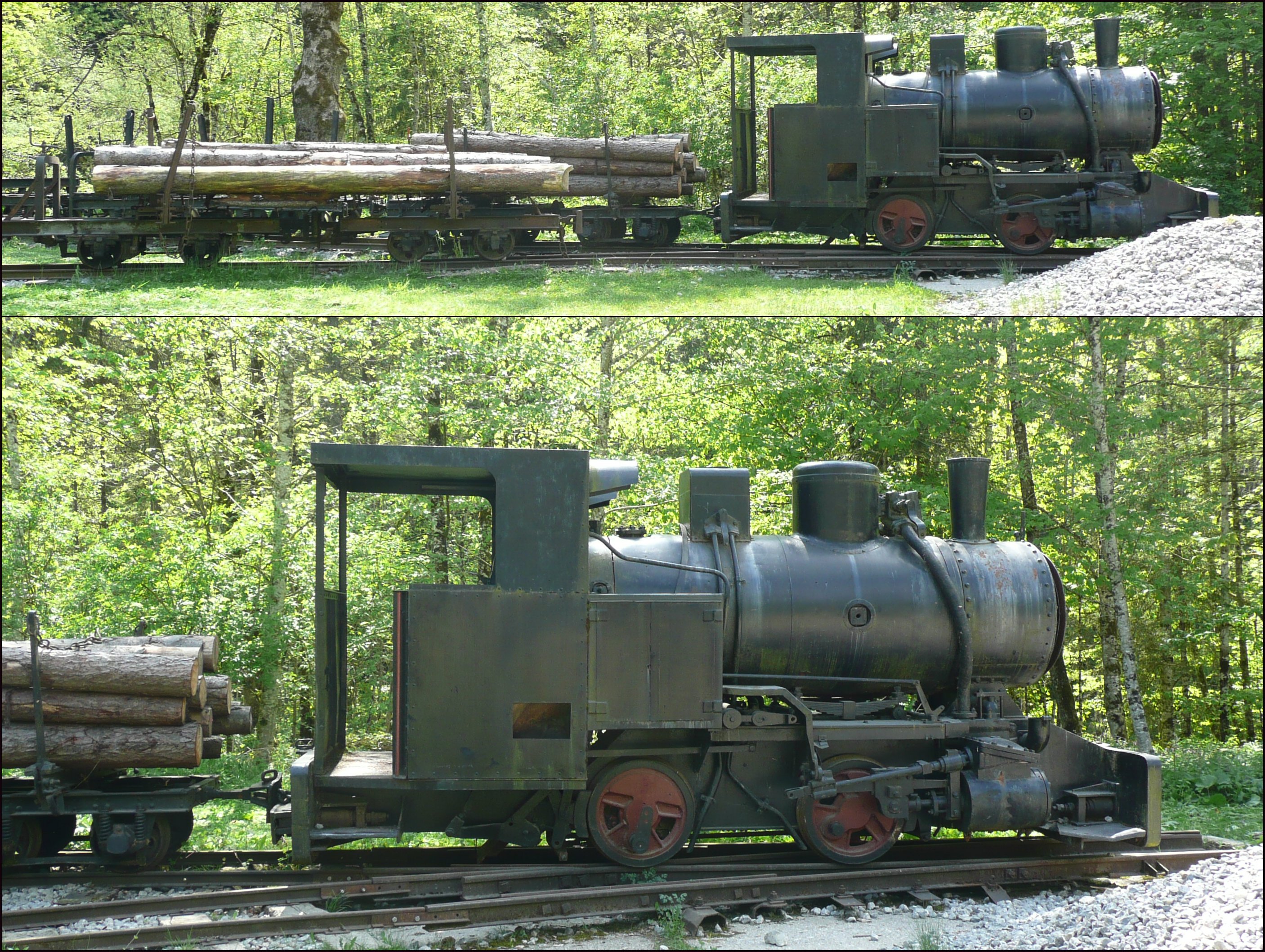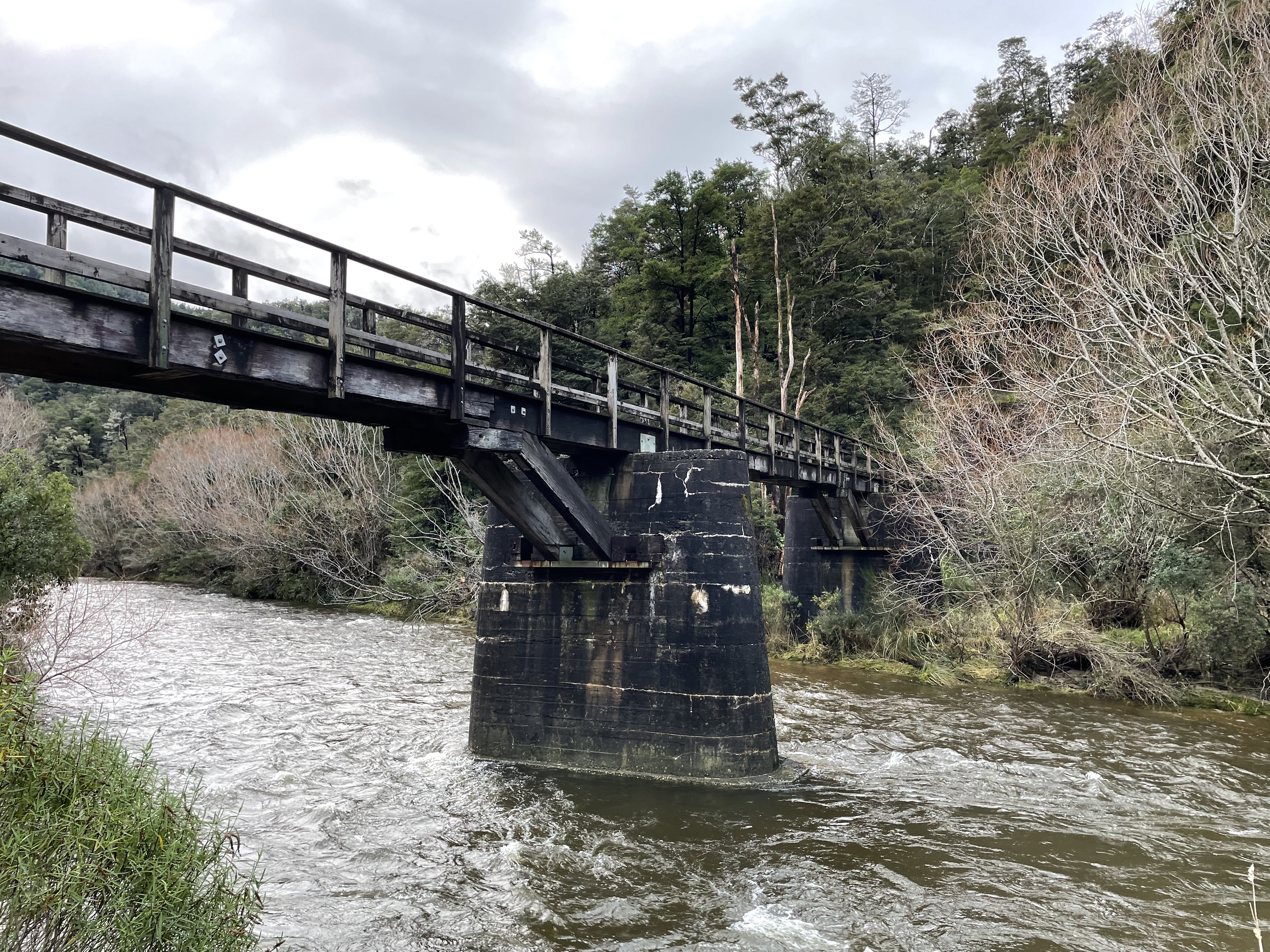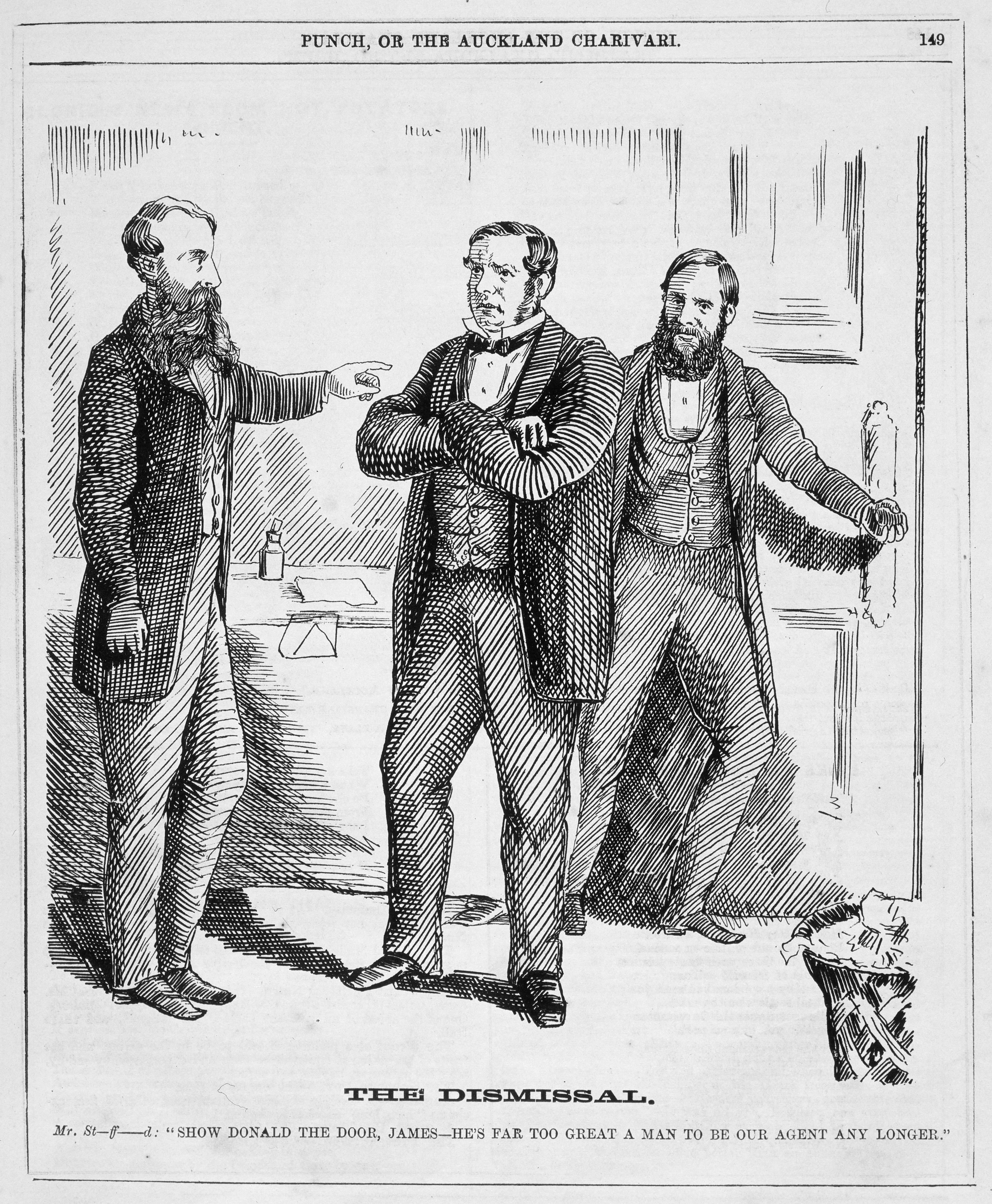|
Martin Lightband
Martin Lightband (20 January 1832 – 1 August 1914) was a 19th-century Member of Parliament from Nelson, New Zealand. Early life Born in Worcester, England, on 20 January 1832, he arrived at Nelson in 1842 on the '' Thomas Harrison'' with his parents, Mary Ann and George Wales Lightband. Lightband was 10 years old when he arrived. He lived in Nelson almost his entire life, except for a brief stay in Christchurch. In 1857, his father was part of the group of Nelson settlers eager to set up a newspaper in opposition to the ''Nelson Examiner'' that was influenced in its editorial policy by large landowners. Lightband Sr. travelled to Sydney, obtained a printing press and engaged the printer William Nation to come to Nelson with his family. Consequently, the ''Colonist'' was supportive of members of the Lightband family while the ''Nelson Examiner'' was not. Business interests Lightband worked in his father's tanning business as a tanner. Later he went into partnership with ... [...More Info...] [...Related Items...] OR: [Wikipedia] [Google] [Baidu] |
Nelson (New Zealand Electorate)
Nelson is a New Zealand parliamentary electorate, returning one Member of Parliament to the House of Representatives of New Zealand. From 1853 to 1860, the electorate was called Town of Nelson. From 1860 to 1881, it was City of Nelson. The electorate is the only one that has continuously existed since the 1st Parliament in 1853. The current MP for Nelson is Rachel Boyack of the Labour Party after defeating long time incumbent Nick Smith of the National Party in the 2020 general election. Population centres Nelson is based around the city of Nelson, with the dormitory town of Richmond and the smaller community of Hope drafted in to bring the electorate up to the required population quota. A significant adjustment to the electorate's boundaries was carried out ahead of the change to mixed-member proportional (MMP) voting in 1996; the decrease in South Island electorates from 25 to 16 lead to the abolition of one western South Island electorate; Tasman was split between Wes ... [...More Info...] [...Related Items...] OR: [Wikipedia] [Google] [Baidu] |
Government Budget
A government budget is a document prepared by the government and/or other political entity presenting its anticipated tax revenues (Inheritance tax, income tax, corporation tax, import taxes) and proposed spending/expenditure (Healthcare, Education, Defence, Roads, State Benefit) for the coming financial year. In most parliamentary systems, the budget is presented to the legislature and often requires approval of the legislature. Through this budget, the government implements economic policy and realizes its program priorities. Once the budget is approved, the use of funds from individual chapters is in the hands of government ministries and other institutions. Revenues of the state budget consist mainly of taxes, customs duties, fees and other revenues. State budget expenditures cover the activities of the state, which are either given by law or the constitution. The budget in itself does not appropriate funds for government programs, hence need for additional legislative measur ... [...More Info...] [...Related Items...] OR: [Wikipedia] [Google] [Baidu] |
Buller Gorge
The Buller Gorge is a gorge located in the northwest of the South Island of New Zealand. The Buller River flows through the deep canyon between Murchison and Westport. Land Information New Zealand lists two sections for the gorge, Upper Buller Gorge and Lower Buller Gorge. runs alongside, but considerably above, the river through the gorge. The Stillwater - Westport Line railway also runs through the gorge. New Zealand's longest swingbridge at in length spans the Buller River west of Murchison. That area also offers rides on a zip-line across the gorge Buller Gorge Swingbridge Adventure and Heritage Park website. Accessed 2013-09-18. as well as several short |
Tramway (industrial)
Tramways are lightly laid rail transport, railways, sometimes with the wagons or carriages moved without locomotives. Because individual tramway infrastructure is not intended to carry the weight of typical standard-gauge railway equipment, the tramways over which they operate may be built from less substantial materials. Tramways can exist in many forms; sometimes just tracks temporarily placed on the ground to transport materials around a factory, mine or quarry. Many, if not most, use narrow-gauge railway technology. The trains can be manually pushed by hand, pulled by animals (especially horses and mules), cable hauled by a stationary engine, or use small, light locomotives. The term is not in use in North America but in common use in the United Kingdom, and elsewhere, where British Railway terminology and practices had large influences on management practices, terminology, and railway cultures such as Australia, New Zealand, and those parts of Asia that consulted with Bri ... [...More Info...] [...Related Items...] OR: [Wikipedia] [Google] [Baidu] |
Nelson Section
The Nelson Section was an isolated government-owned railway line between Nelson and Glenhope in the Tasman district of New Zealand's South Island. While part of the New Zealand Government Railways, the section was never connected to the national railway network, although there were plans to do so. The line operated for years between 1876 and 1955. Unusually for an isolated line, there were passenger and freight services for most of its existence, with freight outlasting passenger services by just a year. This line is noteworthy for several reasons, including being the last completely isolated section of the government-owned railway network; gaining a reprieve after being closed for the first time until being closed for a second – and final – time; and, its route was chosen to serve existing communities in Nelson's hinterland rather than being constructed to open up new areas for development or serve specific industries. History Nelson was founded as a New Zealand Compa ... [...More Info...] [...Related Items...] OR: [Wikipedia] [Google] [Baidu] |
Grand Jury
A grand jury is a jury—a group of citizens—empowered by law to conduct legal proceedings, investigate potential criminal conduct, and determine whether criminal charges should be brought. A grand jury may subpoena physical evidence or a person to testify. A grand jury is separate from the courts, which do not preside over its functioning. Originating in England during the Middle Ages, grand juries are only retained in two countries, the United States and Liberia. Other common law jurisdictions formerly employed them, and most others now employ a different procedure that does not involve a jury: a preliminary hearing. Grand juries perform both accusatory and investigatory functions. The investigatory functions of grand juries include obtaining and reviewing documents and other evidence, and hearing sworn testimonies of witnesses who appear before it; the accusatory function determines whether there is probable cause to believe that one or more persons committed a particula ... [...More Info...] [...Related Items...] OR: [Wikipedia] [Google] [Baidu] |
Beetroot
The beetroot is the taproot portion of a beet plant, usually known in North America as beets while the vegetable is referred to as beetroot in British English, and also known as the table beet, garden beet, red beet, dinner beet or golden beet. It is one of several cultivated varieties of ''Beta vulgaris'' grown for their edible taproots and leaves (called beet greens); they have been classified as ''B. vulgaris'' subsp. ''vulgaris'' Conditiva Group. Other cultivars of the same species include the sugar beet, the leaf vegetable known as chard or spinach beet, and mangelwurzel, which is a fodder crop. Three subspecies are typically recognized. Etymology ''Beta'' is the ancient Latin name for beetroot,Gledhill, David (2008). "The Names of Plants". Cambridge University Press. (hardback), (paperback). pp 70 possibly of Celtic origin, becoming ''bete'' in Old English. ''Root'' derives from the late Old English ''rōt'', itself from Old Norse ''rót''. History The domesticat ... [...More Info...] [...Related Items...] OR: [Wikipedia] [Google] [Baidu] |
Germans
, native_name_lang = de , region1 = , pop1 = 72,650,269 , region2 = , pop2 = 534,000 , region3 = , pop3 = 157,000 3,322,405 , region4 = , pop4 = 21,000 3,000,000 , region5 = , pop5 = 125,000 982,226 , region6 = , pop6 = 900,000 , region7 = , pop7 = 142,000 840,000 , region8 = , pop8 = 9,000 500,000 , region9 = , pop9 = 357,000 , region10 = , pop10 = 310,000 , region11 = , pop11 = 36,000 250,000 , region12 = , pop12 = 25,000 200,000 , region13 = , pop13 = 233,000 , region14 = , pop14 = 211,000 , region15 = , pop15 = 203,000 , region16 = , pop16 = 201,000 , region17 = , pop17 = 101,000 148,00 ... [...More Info...] [...Related Items...] OR: [Wikipedia] [Google] [Baidu] |
Select Committee (parliamentary System)
A select committee is a committee made up of a small number of parliamentary members appointed to deal with particular areas or issues originating in the Westminster system of parliamentary democracy. Select committees exist in the British Parliament, as well as in other parliaments based on the Westminster model, such as those in Australia, Canada, Malaysia, India, Sri Lanka and New Zealand. It is a special subcommittee of a legislature or assembly governed under a committee system, like ''Robert's Rules of Order''. They are often investigative in nature, collecting data or evidence for a law or problem, and will dissolve immediately after they report their findings to their superiors. These are very common in government legislatures, and are used to solve special problems, hence their name. Australia India Under Rule 125 of the Rajya Sabha Rules and Procedures, any member may move as an amendment that a bill be referred to a select committee and, if the motion is carried, t ... [...More Info...] [...Related Items...] OR: [Wikipedia] [Google] [Baidu] |
Liberalism
Liberalism is a political and moral philosophy based on the rights of the individual, liberty, consent of the governed, political equality and equality before the law."political rationalism, hostility to autocracy, cultural distaste for conservatism and for tradition in general, tolerance, and ... individualism". John Dunn. ''Western Political Theory in the Face of the Future'' (1993). Cambridge University Press. . Liberals espouse various views depending on their understanding of these principles. However, they generally support private property, market economies, individual rights (including civil rights and human rights), liberal democracy, secularism, rule of law, economic and political freedom, freedom of speech, freedom of the press, freedom of assembly, and freedom of religion. Liberalism is frequently cited as the dominant ideology of modern times.Wolfe, p. 23.Adams, p. 11. Liberalism became a distinct movement in the Age of Enlightenment, gaining popularity ... [...More Info...] [...Related Items...] OR: [Wikipedia] [Google] [Baidu] |
Edward Stafford (politician)
Sir Edward William Stafford (23 April 1819 – 14 February 1901) served as the third premier of New Zealand on three occasions in the mid 19th century. His total time in office is the longest of any leader without a political party. He is described as pragmatic, logical, and clear-sighted. Early life and career Edward William Stafford was born on 23 April 1819 in Edinburgh, Scotland, the son of Berkeley Buckingham Stafford (1797–1847) (High Sheriff of Louth in 1828) and Anne, the daughter of Lieutenant-Colonel Patrick Tytler. His family was prosperous, enabling him to receive a good education, first at the Royal School Dungannon in Ireland where he excelled as a scholar, and then at Trinity College Dublin. In 1841–42, he undertook travel in Australia, but chose to join relatives in Nelson, New Zealand in 1843, where he soon became active in politics, criticising Governor Robert FitzRoy's "weak" response to the Wairau Affray. In 1850, he joined increasing calls for New Zeal ... [...More Info...] [...Related Items...] OR: [Wikipedia] [Google] [Baidu] |
Julius Vogel
Sir Julius Vogel (24 February 1835 – 12 March 1899) was the eighth premier of New Zealand. His administration is best remembered for the issuing of bonds to fund railway construction and other public works. He was the first Jewish prime minister of New Zealand. Historian Warwick R. Armstrong assesses Vogel's strengths and weaknesses: Early life Born in London, Vogel received his early education at University College School in University College, Gower St London. He later studied chemistry and metallurgy at the Royal School of Mines (later part of Imperial College London). He emigrated to Victoria, Australia in 1852, being editor of several newspapers on the goldfields, including the ''Inglewood'' ''Advertiser'' and the ''Maryborough and Dunolly Advertiser''. After an unsuccessful attempt to enter the Victorian Parliament in the Avoca district in August 1861 (he lost to James Macpherson Grant and Benjamin George Davies), he moved to Otago in October 1861, where he becam ... [...More Info...] [...Related Items...] OR: [Wikipedia] [Google] [Baidu] |



.jpg)


